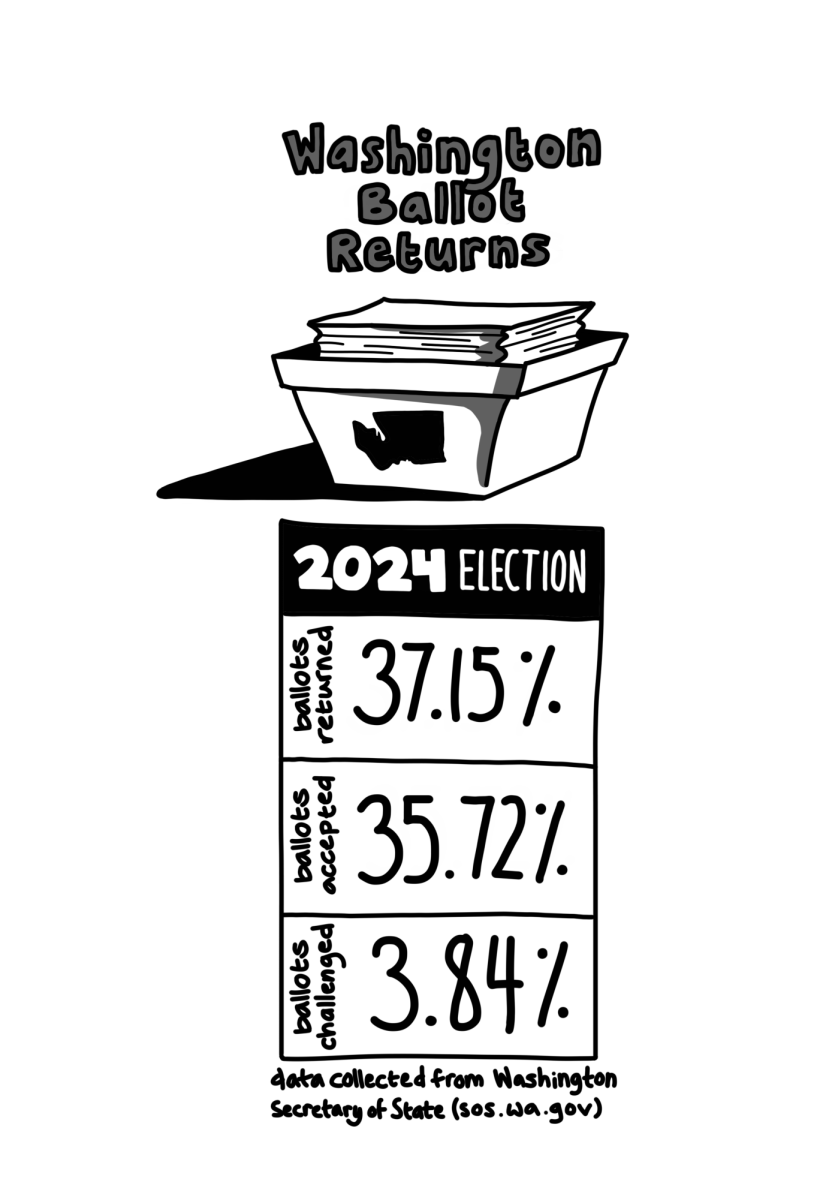
The incoming class of 2013 will read “The Last Town on Earth,” a novel by Thomas Mullen, for their required summer reading.
The Last Town on Earth is a fictional novel set in 1918 in a small logging town in Washington state. The residents choose to isolate themselves to avoid contracting an epidemic flu virus sweeping the area.
“I think that the themes are really important to what’s going on today, both nationally and internationally: when we look at pandemic flu planning, when we think about terrorism. Do we cut ourselves off from the world or do we engage?” said Jed Schwendiman, the associate to the president.
Although President Bridges chooses the summer reading book for the incoming class, he solicits suggestions and input from faculty members and students.
Juli Dunn, the director of the Academic Resource Center (ARC), read several of the books on Bridges’ final list. She noted the key themes of each book to help Bridges decide if the themes would allow for meaningful discussions.
“What are the themes, that if I were leading the book discussion, I would feel comfortable tackling?” said Dunn.
The Whitman librarians also play a role in the first-year summer reading experience. Although they aren’t involved in the book selection process, they promote the book within the Whitman community and the greater Walla Walla community through the Walla Walla Reads program.
Through the program, Whitman teams up with the local libraries to encourage community members to read the selected book.
“I get together with the librarians at Walla Walla Community College, Walla Walla University, the public library and WaHi (Walla Walla High School) and we talk about the book that’s been selected and then we talk about how we can jointly promote the book within our communities,” said Dalia Corkrum, the director of Penrose Library.
Whitman provides copies of the book for the involved libraries. In addition, the Whitman librarians create a display case about the book to stimulate discussion on campus and get all Whitman faculty, staff and students reading the book.
The president’s office has arranged for Thomas Mullen to come in September to speak to Whitman affiliates and any interested community members. In addition, three Whitman professors, one from each of the academic divisions, will speak at a panel about the book.
Dunn praised the interdisciplinary panel as a great introduction to the educational goals of Whitman.
“I think it models Core well, as we think about how we approach the texts of Core, or next year Encounters: we look at them from all different angles. We ask faculty all over campus to teach the course. So I think [the panel] is a good model for what we hope [students] get done during their first year here at Whitman,” said Dunn.
When asked if Thomas Mullen would still come to Whitman in light of the economic downturn, Schwendiman asserted the importance of having the author speak on campus.
“This is an important program. We are in the process of negotiating with the author and I am confident that we will be able to bring him to campus within our budget for next fall,” said Schwendiman.
In a change from the past, though, Whitman will not send each incoming student a copy of the book.
“Given the economic climate it made sense. It’s not what we would like, but it will save the college $8,000-10,000, which is not an insignificant amount of money,” said Schwendiman.
Instead, students will be asked to purchase their own book or borrow one from their local library. Additionally, ARC has several copies that they can loan out to incoming students.
Schwendiman, Dunn and Corkrum encourage all Whitman faculty and students to read The Last Town on Earth.
“For anybody who wants to get to know the incoming class, I recommend that you read the book. It’ll give you some natural ways to start conversation,” said Schwendiman.








Marie • Jun 19, 2009 at 3:49 am
There was. It is still a fictional novel though.
Those two facts aren’t mutually exclusive…
http://www.pbs.org/wgbh/amex/influenza/
Miks • Apr 17, 2009 at 1:27 am
there was an “epidemic flu virus sweeping the area” in 1918??? or am i mistaken, the book is therefore not a fictional novel?